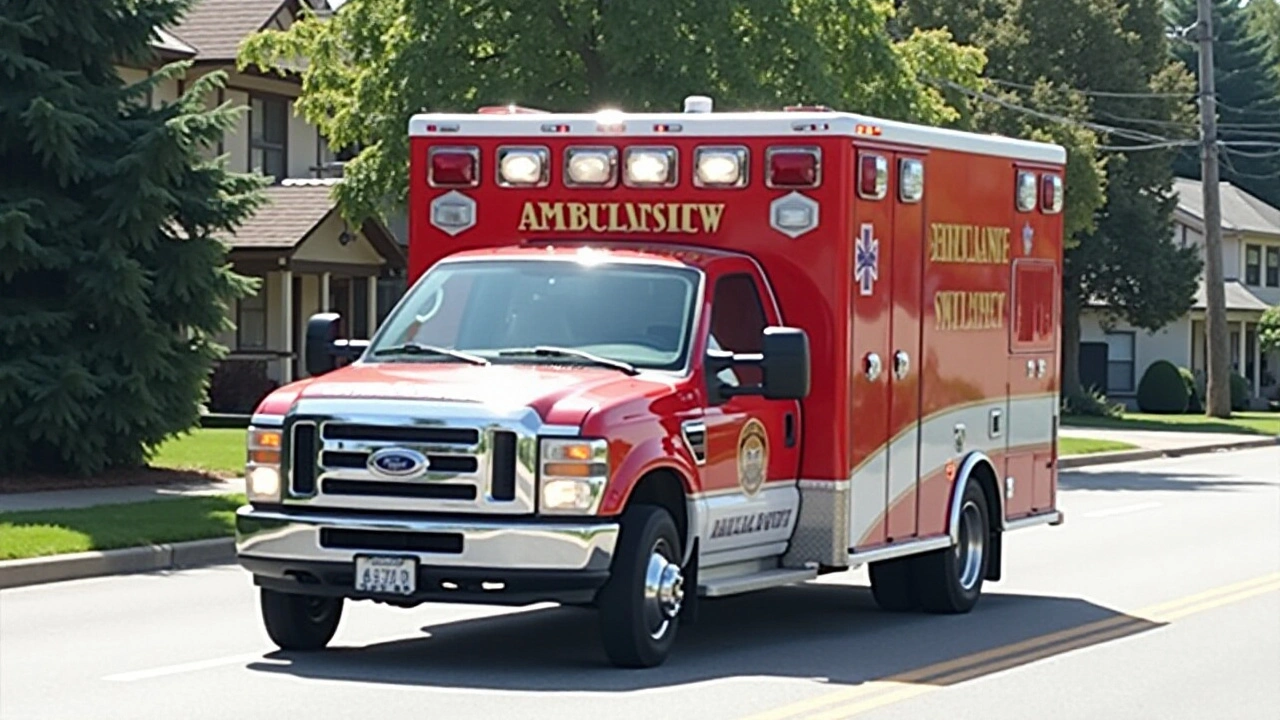When a medical emergency strikes, ambulance service is the lifeline that gets help to you fast. Whether it's an accident, sudden illness, or life-threatening condition, ambulances and their crews are trained to provide quick and skilled care on the spot and while rushing to the hospital. But how does this service really work, and what should you expect in those critical moments?
First off, ambulance services are designed to respond promptly to emergencies. Most services have trained paramedics and emergency medical technicians (EMTs) who handle medical care during transport. Their job is not only to get you to a medical facility but also to stabilize your condition along the way. When you call an ambulance, dispatch operators gather key info to assess urgency and direct the nearest unit to your location.
Once you dial emergency services, your location and situation are pinpointed. Ambulance units in your area are alerted to respond, often equipped with life-saving tools like oxygen, defibrillators, and first aid supplies. The average response time varies by region but is typically aimed to be under 10 minutes in urban settings. During the ride, paramedics continue monitoring vital signs and may perform interventions if needed.
Knowing what to do while waiting for an ambulance can make a big difference. Try to keep the patient calm and still. Avoid moving them unless absolutely necessary, as this might worsen injuries. If trained, you can perform basic first aid, like stopping bleeding or helping with CPR, until EMTs arrive.
Fast ambulance service saves lives. Quick response means faster treatment and lowers the risk of complications. In South Africa, just like elsewhere, having access to dependable ambulance services is vital for improving health outcomes during trauma or medical emergencies. Besides emergencies, ambulances are also available for hospital transfers or non-urgent medical transport, offering safe rides for patients who need assistance getting to appointments or following surgeries.
Next time you hear sirens nearby, remember the critical role ambulance teams play. They are ready 24/7, trained to handle some of the toughest situations, and their presence ensures that emergency medical care is never far away. If you want to be prepared, save your local emergency number and understand basic first aid—it could make all the difference when calling an ambulance.
